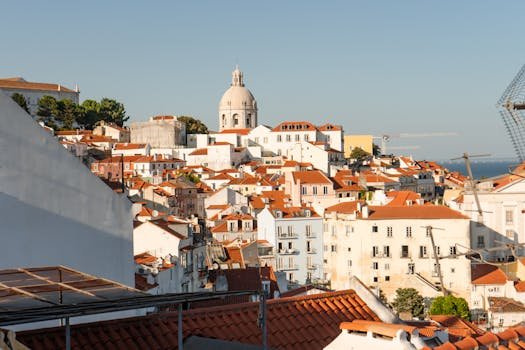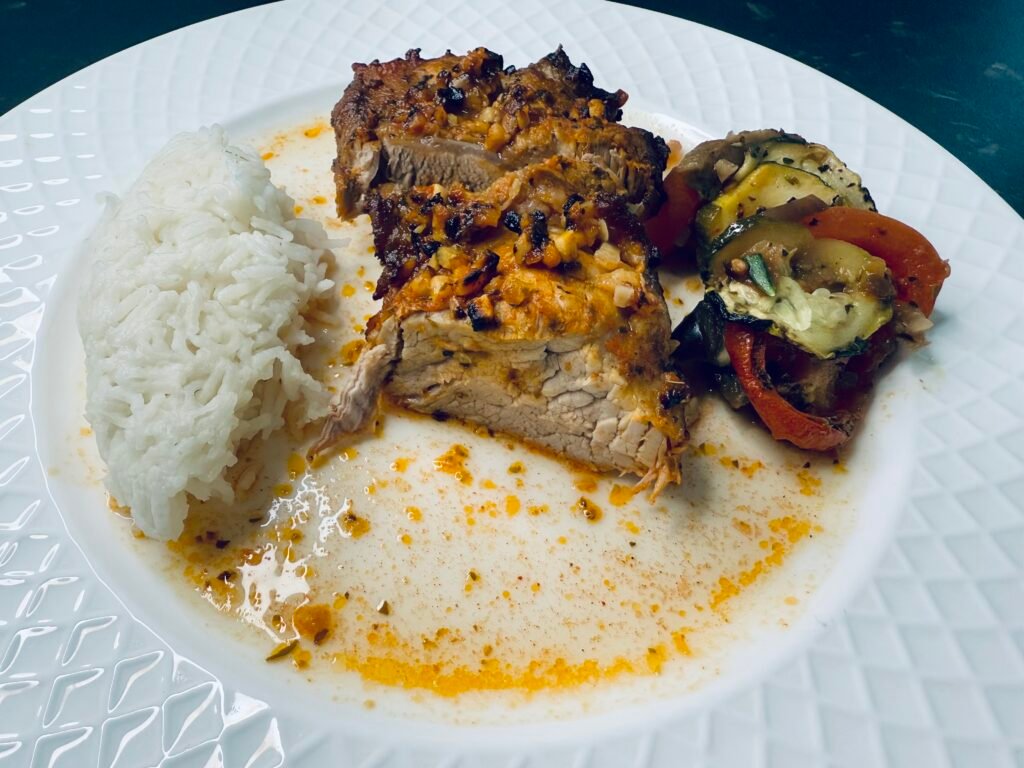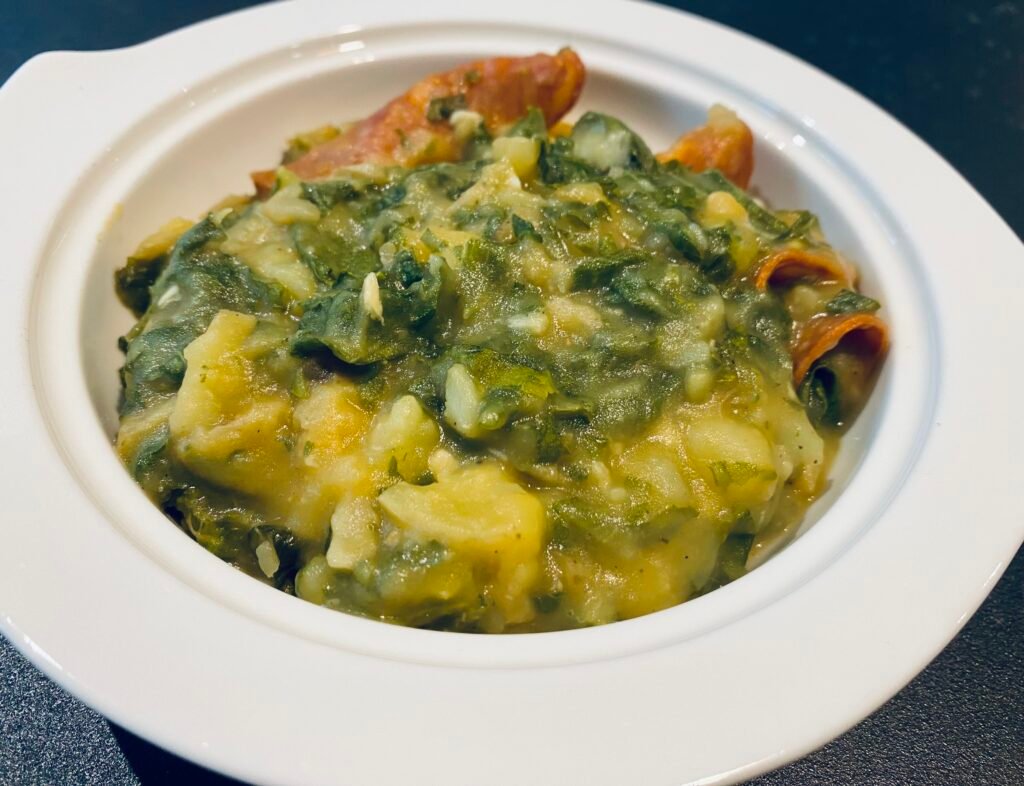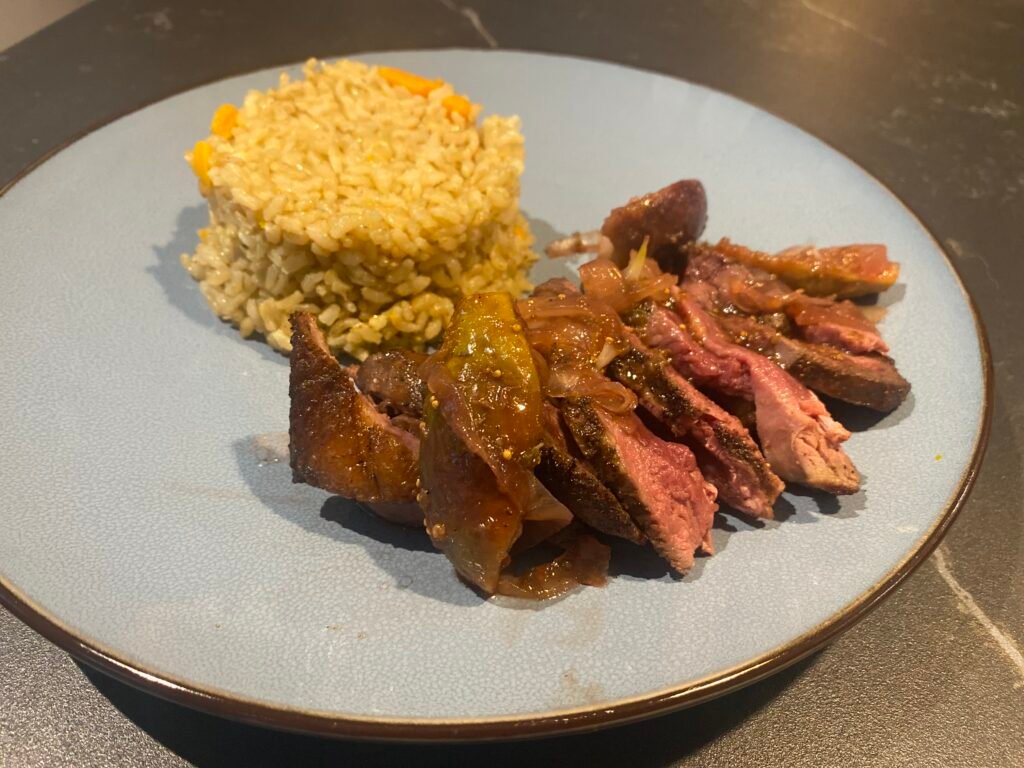Portugal, located at the westernmost edge of Europe, is a country with a fascinating past, marked by its great maritime discoveries and rich cultural heritage. In the 15th and 16th centuries, Portugal was one of the great colonial powers, exploring new trade routes to Africa, Asia, and the Americas. Navigators like Vasco da Gama and Magellan left their mark on the history of this small country, which developed commercial and cultural ties with many territories. Today, Portugal is a modern nation with a vibrant culture, where fado , traditional music, and local festivals punctuate daily life. Cities like Lisbon and Porto blend history and modernity, with unique architecture, colorful azulejos (glazed tiles), and stunning natural landscapes.
Portugal offers a blend of tradition and modernity, making the country a popular destination for lovers of history, culture and gastronomy.
Traditional Gastronomy and Gluten Free Options
Portuguese cuisine is influenced by its maritime and colonial roots, with dishes rich in flavor and often based on simple ingredients like fish, vegetables, and meat. For those following a gluten-free diet, there are many naturally gluten-free options in Portuguese cuisine.
Here are some traditional Portuguese gluten-free dishes:
- Bacalhau à Brás : This dish of flaked cod is mixed with finely chopped potatoes and scrambled eggs, a staple of Portuguese cuisine, naturally gluten-free.
- Caldo Verde : A soup made with kale, potatoes and chorizo, this soup is naturally gluten-free and is one of the most popular in the country.
- Polvo à Lagareiro : A grilled octopus dish served with roasted potatoes and olive oil, simple and naturally gluten-free.
- Arroz de Marisco : A seafood rice dish, similar to Spanish paella, but with a Portuguese twist. This dish is naturally gluten-free if rice is used.
These dishes showcase the diversity of Portuguese cuisine, while also offering naturally gluten-free options.
Must-See Places to Visit in Portugal
Portugal offers a multitude of landscapes and cultural sites to discover, from historic cities to the spectacular beaches of the Algarve. Here are a few must-sees:
- Lisbon : The capital is a blend of modernity and history with iconic neighborhoods like Alfama , monuments like the Belém Tower , and magnificent views from the Castelo de São Jorge .
- Porto : Known for its spectacular bridges and port wine cellars, this northern city offers a unique atmosphere with its narrow streets and colorful houses.
- Sintra : Located near Lisbon, this town is famous for its exotic palaces and green landscapes, including Pena Palace and Quinta da Regaleira .
- Algarve : Renowned for its golden beaches and spectacular cliffs, the Algarve is a prime destination for lovers of the sea and sun.
These destinations highlight the cultural and natural diversity of Portugal, a land where history and nature meet harmoniously.






